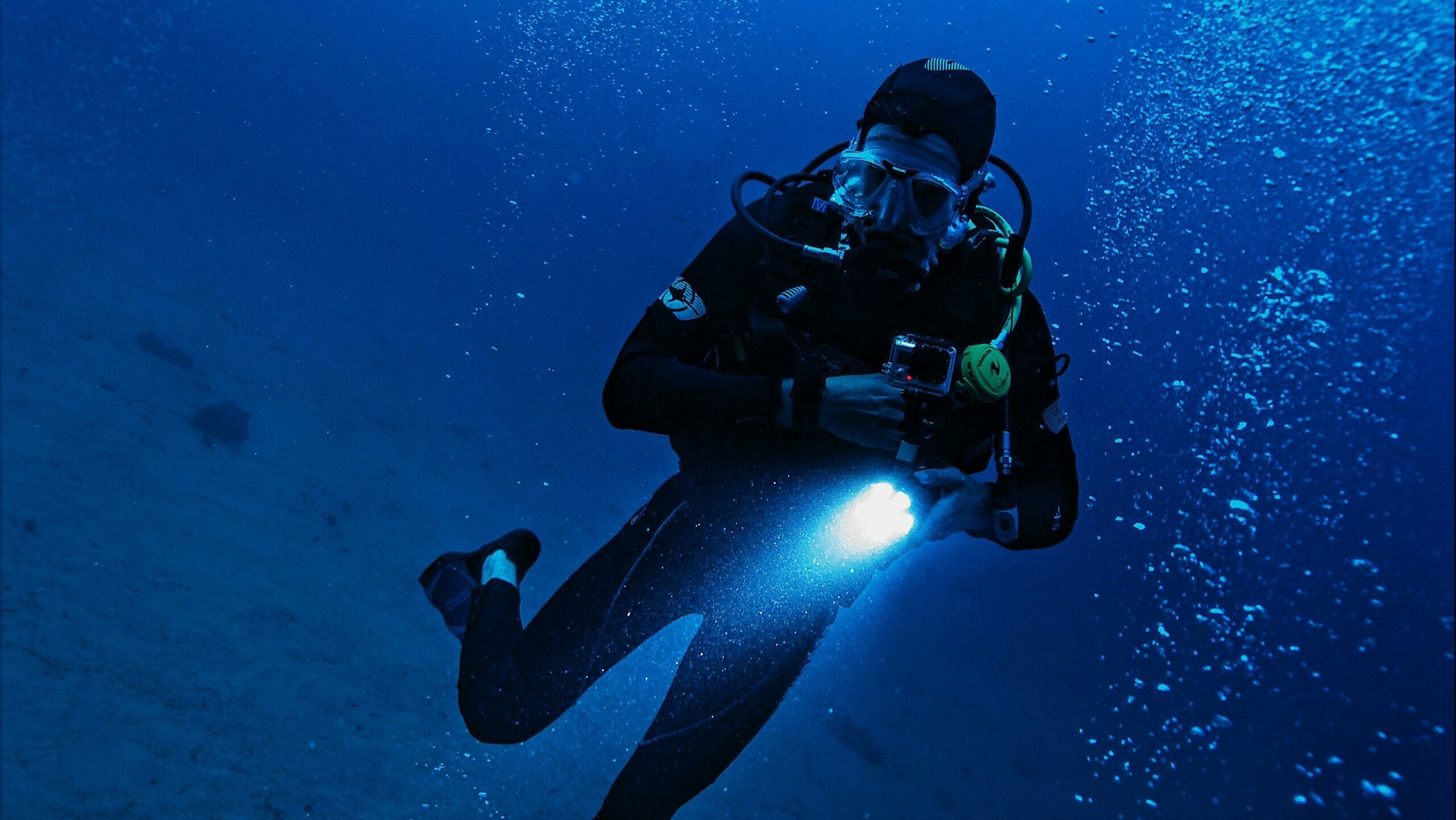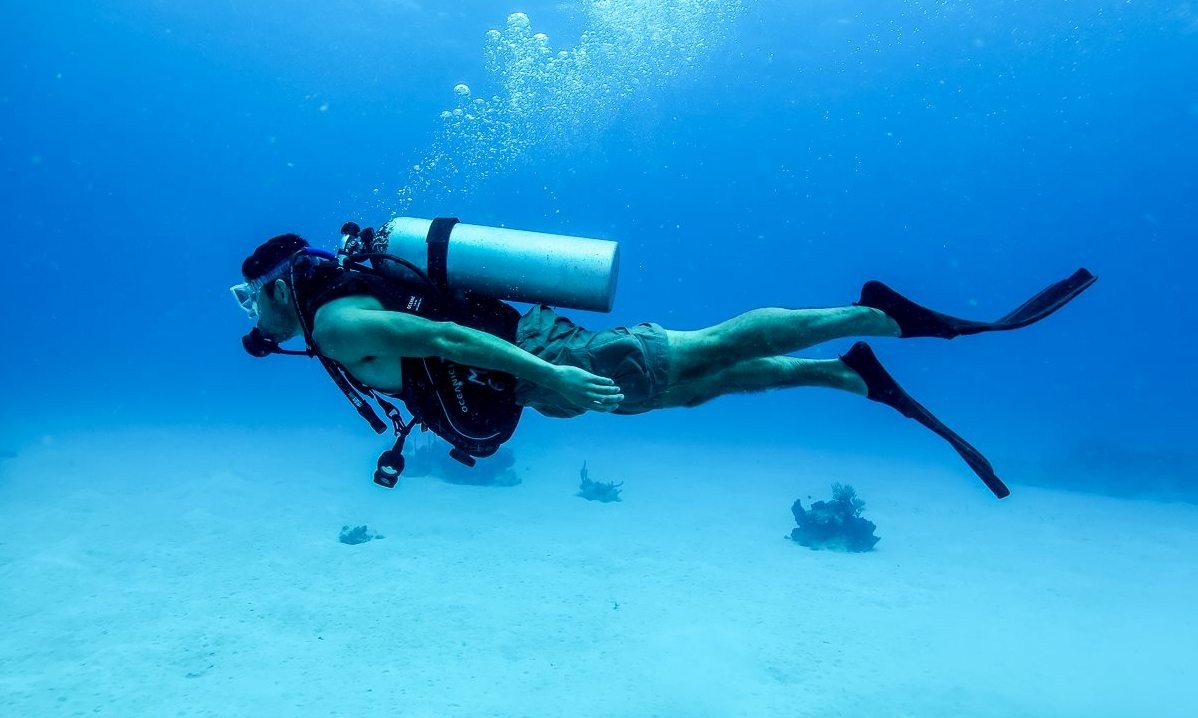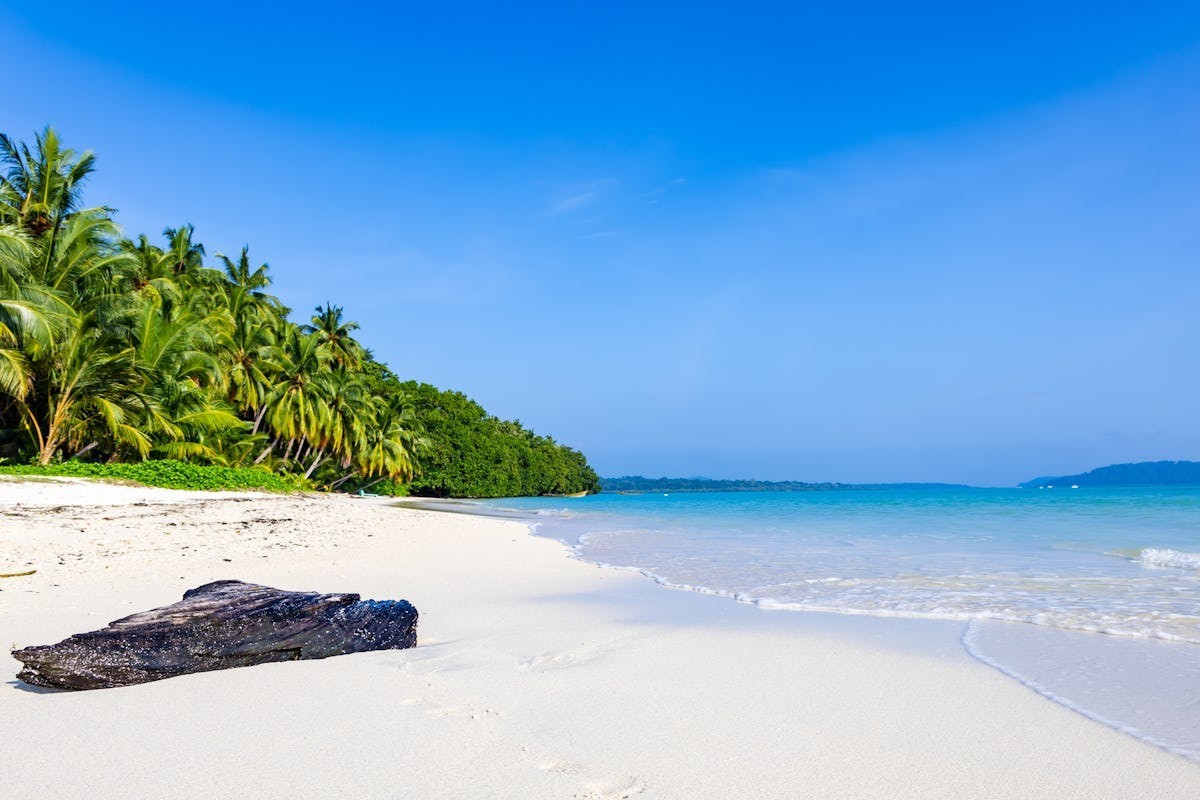Diving Sites in Port Blair



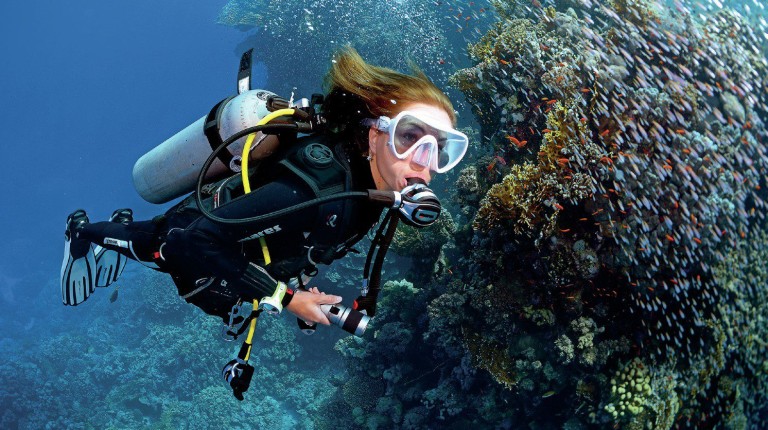
-
Aug 02, 2023
Hey, fellow diving enthusiasts As someone who recently took the plunge into the underwater world, I can't help but share some essential tips to ensure we have a safe and enjoyable diving experience. While exploring the fascinating depths is incredibly thrilling, it's crucial to be aware of how we treat our bodies after each dive. So, today, I will provide practical guidelines that offer valuable insights to help us avoid potential risks and maintain our well-being post-dive. From refraining from certain activities to understanding the importance of surface intervals, these tips are a must-know for all divers, especially us beginners.
So, let's dive into this valuable knowledge together and make every underwater adventure unique, both in and out of the water.
Essential Tips To Avoid Mishaps After Diving
Well, you must be eager to explore the marine, connect with fish, be with friends, try local cuisine, fly back home, and do other things while on your trip. However, if you are scuba diving, you have to be extra careful. Please remember that precaution is better than cure, and I am here to guide you through some red flags you should avoid after scuba diving.
Done with the Dive? Great! But Avoid Flying
- Why, you ask? Well, it's all about the pressure.
- Flying in a plane right after diving can create a drop in pressure similar to a fast ascent while underwater.
- Diving introduces nitrogen into your blood and tissues, which needs time to pass out through your lungs safely during a gradual ascent.
- If you fly too soon, those nitrogen bubbles can cause decompression sickness, and we definitely want to avoid that.
- So, let's play it safe and stick to the golden rule: wait for a 24-hour surface interval before flying after any dive.
- This simple precaution ensures your body has enough time to off-gas the nitrogen, leaving you with unforgettable memories and peace of mind.
Halt the Trekker in you for a while
As you complete your thrilling underwater journeys, let's ensure your safety and plan for exciting mountain climbs, too. Did you know that both diving and driving or hiking to high altitudes carry a risk of decompression sickness (DCS)? It's fascinating how altitude can impact us in unexpected ways.
To make the most of your adventures, remember a few essential tips. If you're planning to combine diving and mountain climbing on your trip, prioritize climbing first. This lowers the DCS risk significantly. After conquering those peaks, take some rest, hydrate well, and then dive into the breathtaking depths of the sea.
But here's the key: avoid mountain climbing within 24 hours after diving. Safety is our top priority. If your journey home involves driving to high altitudes post-dive, ensure a sufficient surface interval, ideally 24 hours, to minimize DCS risk. Alternatively, choose a different route.
Ziplines or Other High-Altitude Activities
- While ziplining is a blast, it's best to steer clear of it for at least 24 hours after diving. Ziplining at high altitudes could increase the risk of decompression sickness, so take a rain check on that one and opt for some low-altitude adventures instead.
- Activities like parachute jumping, paragliding, and skiing should also wait until after the recommended 24-hour period. But don't worry, there are plenty of other fabulous things to do! Connect with local Dive Shops to discover exciting local food, relaxation spots, and events to enjoy without any worries.
- Remember, safety first, and have a fun time exploring both the underwater and on-land wonders.
Relax with Meditation, Not a Deep Massage
Sure, massages sound heavenly, but the experts advise against deep tissue ones straight after your dive. No worries, however. A gentle relaxation massage is totally A-OK. Deep tissue massages can cause increased blood flow, which might lead to bubble formation, and they can also cause muscle soreness. We would want you to distinguish that from decompression sickness (DCS).
So, give yourself at least 12 hours before indulging in a deep tissue massage. You can bask in other incredible experiences like meditation. Meditation is an excellent way to improve your post-dive relaxation. Find a serene spot, close your eyes, and focus on your breath, letting go of any residual tension. It's a mindful practice that helps you connect with the present moment, leaving you feeling rejuvenated and at peace.
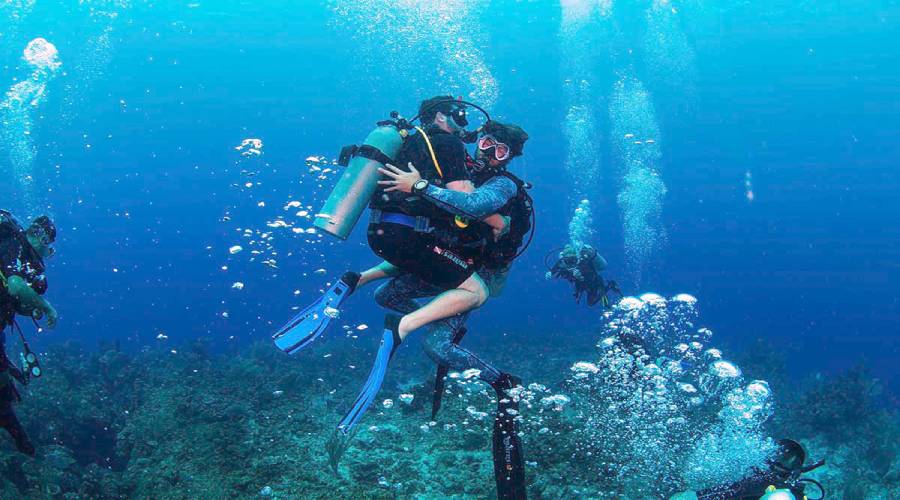
Sadly, There is no Hot Tubs and Showers
If you've just started diving, it's essential to know how to take care of yourself post-dive to ensure a safe and enjoyable experience. Another thing you should avoid is jumping straight into a hot tub or shower right after your dive. Why, you ask? Well, it's all about preventing likely risks for yourself.
As our body warms up after diving, there's a chance of bubble formation due to changes in gas solubility. To reduce the risk of decompression sickness, the Divers Alert Network suggests waiting at least 30 minutes before indulging in a hot shower or hot tub. This allows your body to warm up gradually and your circulation to improve, thus giving time for any excess gas to dissipate harmlessly.
If you can't resist a hot shower or tub, don't worry. Just remember to lower the temperature a bit so your body doesn't experience a sudden heat spike.
Party Hard, But Later
Here's a friendly reminder about something crucial: avoid excessive drinking right after your dive. You see when we dive, our bodies absorb nitrogen, and it takes some time for it to dissipate safely. Downing alcohol right away can hinder this process and lead to dehydration, which increases the risk of decompression sickness something we definitely want to avoid.
Plus, alcohol can impair your judgment, making it harder to spot potential symptoms of decompression sickness. So, let's make a pact not to mix alcohol and diving adventures. If you fancy a drink after your dive, take a few hours to allow your body to recover and hydrate well beforehand. Safety first, fun always.
.jpg)
Avoid Freediving, Protect Your Health
Firstly, refrain from indulging in freediving right after scuba diving. Why? Well, after scuba diving, there's dissolved nitrogen in your body, and freediving can increase bubble formation due to the physical exertion involved. These bubbles might enter your arterial circulation and raise the risk of decompression illness. Yikes! To be on the safe side, take a nice, long surface interval before freediving after scuba diving.
Here's a simple guideline: wait at least 24 hours before freediving after any diving. And if you're a combination of scuba diver and freediver, remember the "flying after scuba diving" recommendations for different dive scenarios.
Start being cautious and allowing your body enough time to adjust.
Exercise is Good, but Not after the Dive
As a fellow diver, I wanted to share another common mistake you could make: exercising right after your scuba diving session. I know it's tempting to hit the gym or engage in some fun beach sports, but hold on for a bit. Exercising too soon can lead to the formation of bubbles in our bodies, increasing the risk of decompression sickness. So, let's take it easy for at least 4-6 hours before hitting the gym or going for that refreshing run. Our safety is of utmost importance, and giving ourselves a little time to rest and decompress will ensure we stay healthy and enjoy more diving adventures in the future.
.jpg)
Take a Break, Man
If you've just had an amazing underwater adventure with majestic manta rays, curious sharks, or adorable seals, I totally get the excitement to dive in again immediately. But hold on, buddies, let's remember the essential surface interval! After all, safety comes first. Give your body the time it needs to release that nitrogen before your next dive. Not only does this reduce the risk of decompression sickness, but it also gives you a chance to relax, bond with your dive buddies, and explore beautiful topside destinations. So, take a breather, share your incredible stories, and recharge before your next unforgettable dive.
Listen and Notice your Body
After a great dive, it's crucial to listen to our bodies. If you notice anything unusual, like a rash, numbness, dizziness, or ear pain, don't brush it off. It could be a sign of decompression sickness or other issues. Sometimes, these symptoms might seem innocent, but they shouldn't be ignored. Remember, a headache might feel like dehydration, and nausea could be mistaken for seasickness. Always communicate with your dive buddy or guide, and if in doubt, seek advice from a medical professional. Our well-being matters most, so let's take care of ourselves and each other for more fantastic dives ahead.
List of Alternative Activities after Scuba Diving
After an incredible scuba diving session, it's essential to take care of yourself. Remember, there are a few things you should avoid immediately after diving to ensure your safety and well-being. But fear not; there's still plenty to do! You can explore the local area, clean your scuba gear, log your dives, and even start planning your next underwater adventure with our PADI-certified courses. Take time to relax, reflect, and share your fantastic dive photos on social media. Keep the good vibes flowing, and cherish the special memories you've made.
Diving Sites in Port Blair
Diving Sites in Havelock Island
Diving Sites in Neil Island
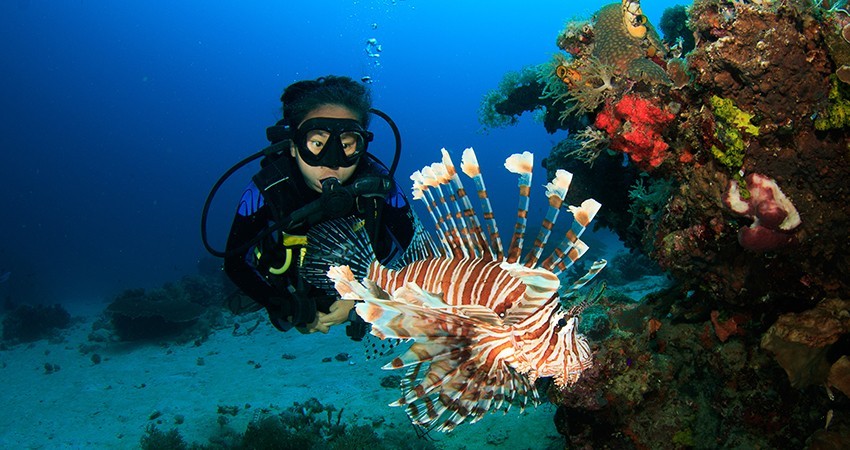
.jpg)
